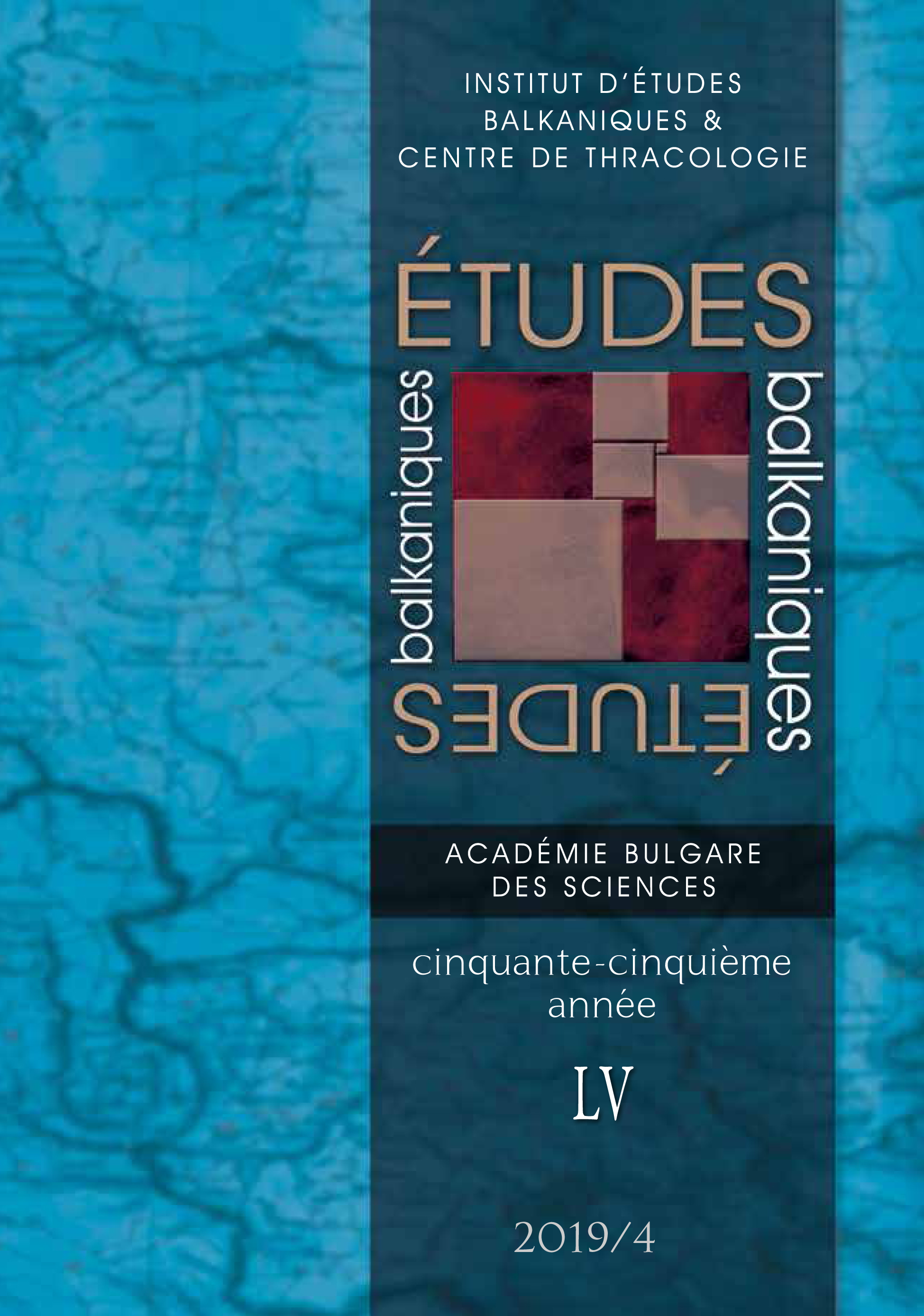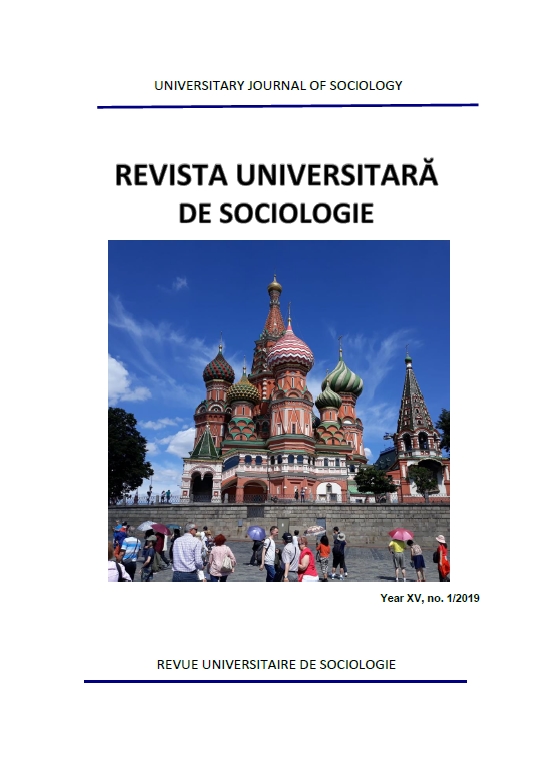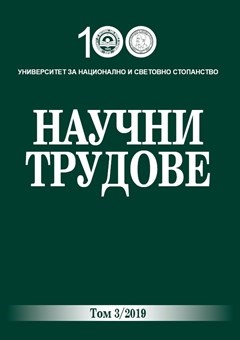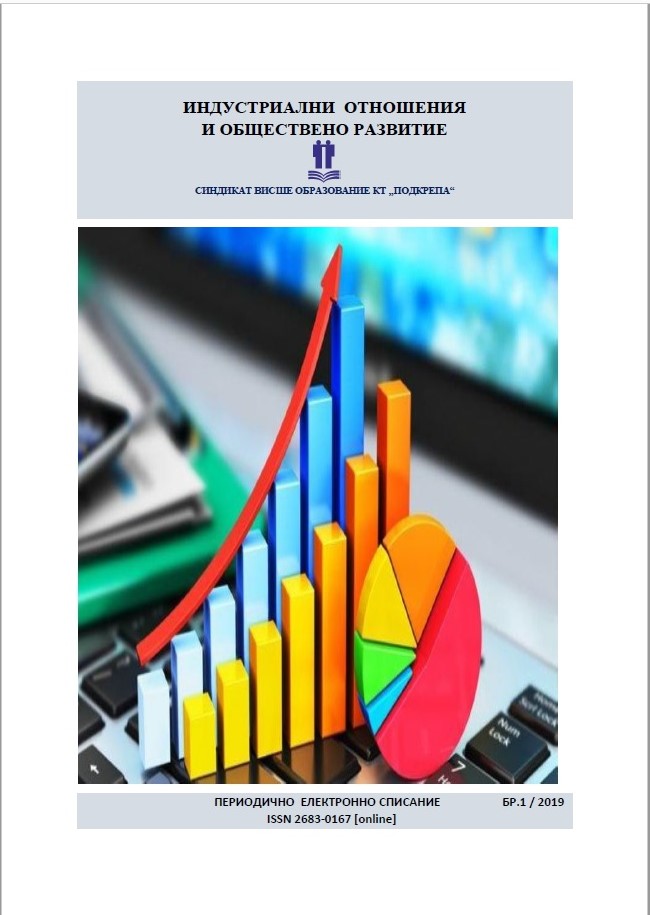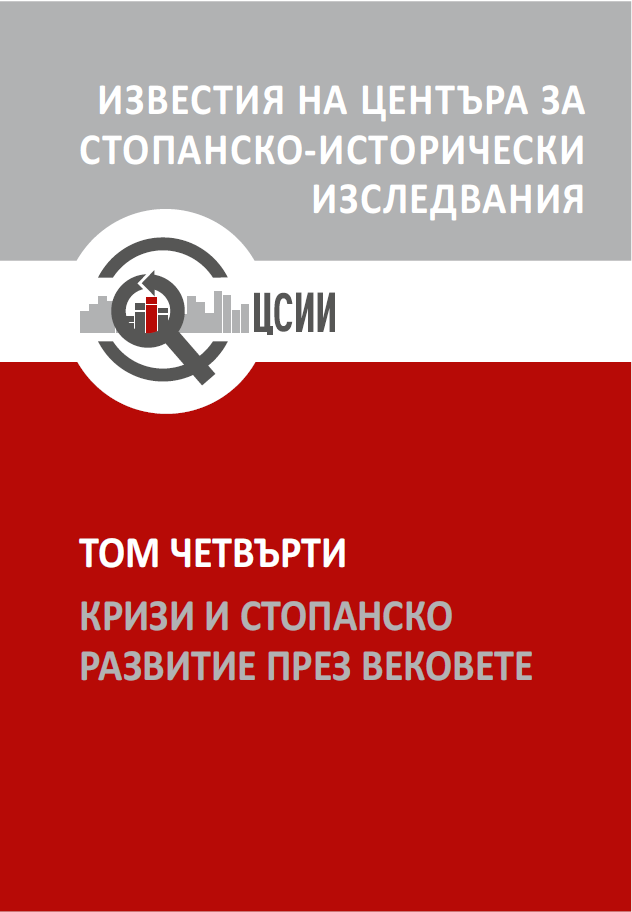
Зърнените храни в България през периода на войните (1912–1918). Проблеми и решения
From ancient times until today cereals have the primary role in the life of nations.They are one of the most sought after and used sources of raw materials and supplies, they remain an integral part of national and international trade.Bulgaria is an agricultural country and its participation in the three wars during the period 1912-1918 is reflected in an extreme increase of problems in the agricultural sector. As in other belligerents, introduces a system of regulation and control of the economy, including cereals.The paper examines and analyzes the implemented measures, their effectiveness, problem areas and the results of the state intervention.
More...
